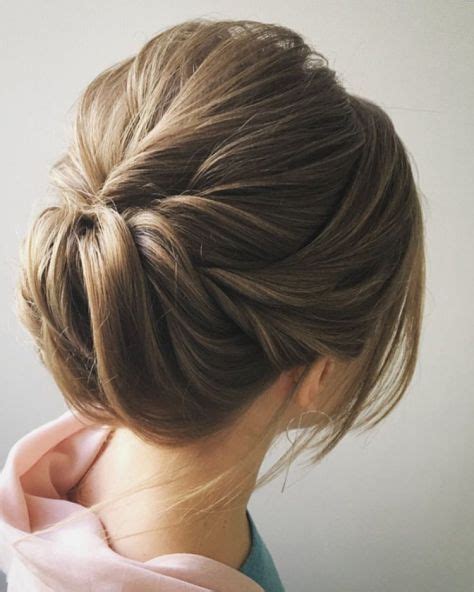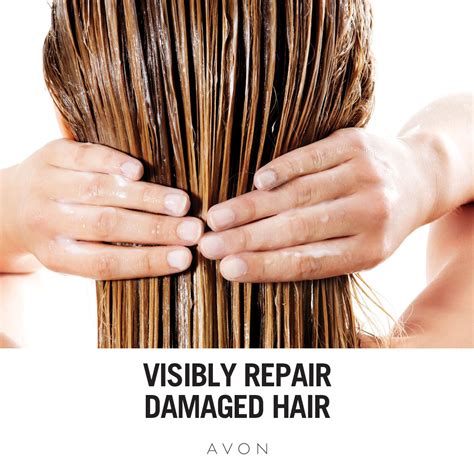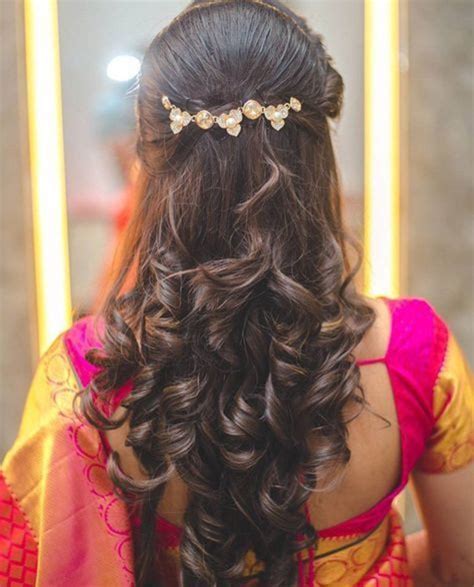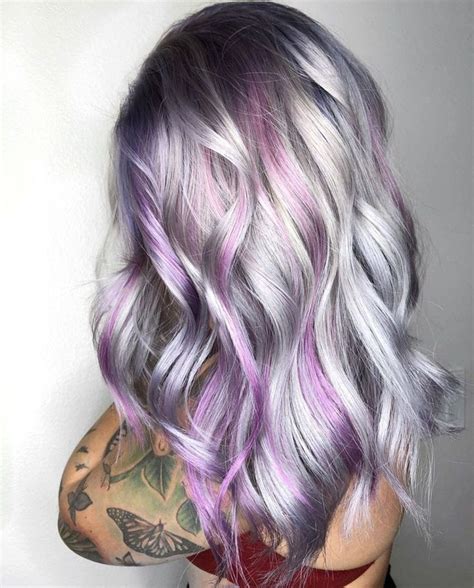Learn the causes, factors, treatment options, and preventative measures for scalp pimples. Find out when to seek professional help.
Understanding the causes of scalp pimples
Contents
Scalp pimples, also known as scalp acne, can be caused by a variety of factors. One common cause is the overproduction of sebum, the natural oil produced by the scalp. When excess sebum mixes with dead skin cells and bacteria, it can clog hair follicles and lead to the formation of pimples. Hormonal changes, particularly during puberty or menstruation, can also contribute to scalp acne by increasing sebum production. Additionally, certain hair products, such as styling gels or pomades, can worsen scalp pimples by clogging pores and irritating the scalp.
Other potential causes of scalp pimples include poor hygiene practices and the accumulation of sweat and dirt on the scalp. The use of harsh shampoos or hair treatments can strip the scalp of its natural oils, leading to dryness and irritation that may exacerbate acne. Furthermore, genetic predisposition can play a role in the development of scalp pimples, as some individuals may be more prone to excessive sebum production or sensitive skin.
In some cases, underlying skin conditions such as seborrheic dermatitis or psoriasis can contribute to the formation of scalp pimples. These conditions often involve inflammation and flaking of the scalp, creating an environment conducive to acne development. Additionally, lifestyle factors such as stress, diet, and certain medications can impact the health of the scalp and contribute to the occurrence of pimples.
Understanding the causes of scalp pimples is crucial in determining the most effective treatment and prevention strategies. By identifying the specific factors contributing to acne development, individuals can take targeted measures to address the root causes and improve the overall health of their scalp.
Factors contributing to scalp acne development
Scalp acne, also known as scalp pimples, can be a pesky and uncomfortable condition to deal with. It is important to understand the various factors that contribute to the development of scalp acne in order to effectively manage and prevent outbreaks.
One of the primary factors contributing to scalp acne development is the overproduction of sebum by the hair follicles. When the sebaceous glands produce an excessive amount of sebum, it can clog the pores and lead to the formation of acne.
Another contributing factor is poor hygiene and scalp care practices. Failure to regularly wash the hair and scalp can lead to a buildup of dirt, oil, and sweat, creating an environment conducive to acne formation.
Hormonal changes can also play a role in the development of scalp acne. Fluctuations in hormone levels, particularly during puberty, pregnancy, and menstruation, can increase sebum production and contribute to acne outbreaks on the scalp.
Frequent use of harsh hair products such as styling gels, pomades, and hair sprays can also contribute to scalp acne development. These products can clog the pores and irritate the scalp, leading to inflammation and acne formation.
Effective scalp acne treatment options
Scalp acne can be not only uncomfortable but also embarrassing for many people. Fortunately, there are several treatment options available to help alleviate the symptoms and clear up the acne. One of the most common treatment options for scalp acne is medicated shampoos. These shampoos often contain ingredients such as salicylic acid, benzoyl peroxide, or tea tree oil, which can help to reduce the inflammation and kill bacteria on the scalp. It is important to use these shampoos regularly as directed to see results.
Another effective treatment option for scalp acne is using topical treatments such as creams or ointments specifically designed for acne. These products typically contain ingredients like sulfur, retinoids, or azelaic acid, which can help to unclog pores and reduce acne-causing bacteria. When using topical treatments, it is important to follow the instructions carefully and avoid using too much product, as this can irritate the scalp.
Oral medications can also be prescribed by a dermatologist for more severe cases of scalp acne. These medications may include antibiotics, birth control pills, or isotretinoin, and are designed to target the root cause of acne from within the body. It is important to consult with a healthcare professional before starting any oral medications, as they may have potential side effects and interactions with other medications.
In addition to these treatment options, it is important to practice good scalp hygiene to prevent and treat scalp acne. This includes regularly washing your hair with a gentle shampoo, avoiding using hair products that can clog pores, and keeping the scalp clean and dry. It is also important to avoid picking or scratching at scalp acne, as this can lead to further irritation and potential scarring. By following these treatment options and practicing good scalp hygiene, you can effectively manage and treat scalp acne.
Preventative measures for scalp pimple outbreaks
Scalp pimples, also known as scalp acne, can be a frustrating and uncomfortable condition to deal with. Preventing outbreaks is key to managing this issue. One preventative measure is to ensure that you keep your scalp clean and free of excess oil. Regularly washing your hair with a gentle shampoo can help to remove dirt, oil, and product buildup that can contribute to pimple formation.
Furthermore, it’s important to avoid using hair products that contain harsh chemicals or ingredients that could clog pores and irritate the scalp. Opt for hair products labeled as non-comedogenic, meaning they are less likely to cause clogged pores. Additionally, avoid using excessive heat styling tools and tight hairstyles that can trap sweat and oil on the scalp, which can lead to breakouts.
Another important preventative measure is to maintain a healthy diet and drink plenty of water. Consuming a balanced diet rich in fruits, vegetables, and lean proteins can support overall skin health, including the scalp. Staying hydrated can also help to flush out toxins and prevent excess oil production.
In addition to these measures, it’s crucial to avoid picking or scratching at scalp pimples, as this can lead to further irritation and potential infection. Instead, practice gentle scalp care and use gentle exfoliating treatments to remove dead skin cells and keep the scalp clean.
Finally, managing stress levels is important, as stress can exacerbate acne outbreaks, including scalp pimples. Incorporating stress-reducing activities such as meditation, yoga, or exercise into your routine can help to maintain a healthy balance and reduce the risk of outbreaks.
When to seek professional help for scalp pimples
If you have been struggling with painful, persistent scalp pimples that do not respond to over-the-counter treatments, it may be time to seek professional help. When you have tried various scalp acne treatment options and none seem to be effective, it is important to consult a dermatologist. They can assess the severity of your condition and recommend prescription-strength medications or other effective scalp acne treatment options.
In addition, if you notice any unusual symptoms such as severe itching, inflammation, or if the pimples are accompanied by hair loss, it is crucial to seek professional help. These symptoms could be indicative of a more serious underlying condition that requires expert medical attention. A dermatologist can properly diagnose the issue and provide tailored treatment to address the root cause of the problem.
It is also important to seek professional help if your scalp pimples are impacting your quality of life and self-esteem. Dealing with persistent scalp acne can be emotionally distressing, and a dermatologist can provide valuable support and guidance to help you manage the condition effectively. They can offer personalized advice on preventive measures for scalp pimple outbreaks and recommend suitable products to maintain a healthy scalp.
Ultimately, if you are unsure about the best approach to manage your scalp pimples or if you have any concerns about your scalp health, consulting a dermatologist is the best course of action. They have the expertise to accurately diagnose your condition and provide tailored treatment options, giving you the best chance of achieving clear, healthy skin on your scalp.











